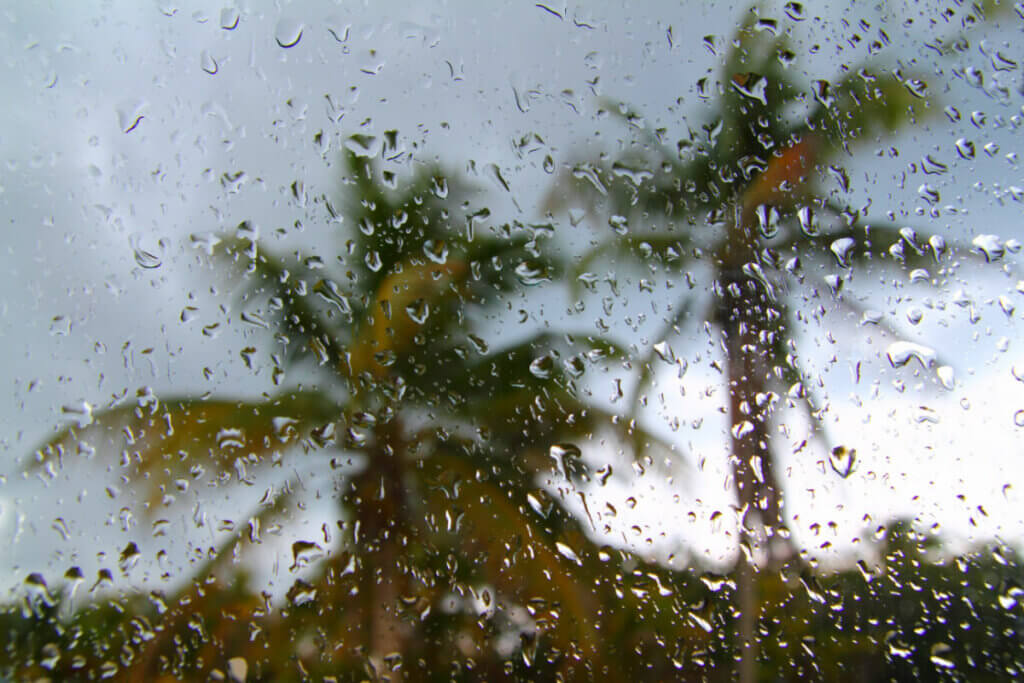Living in Florida has many perks, such as the beautiful sandy beaches, sunny weather, and laid-back lifestyle. However, one of the drawbacks of living in the ‘Sunshine State’ is dealing with the hurricane season. This annual period of heightened storm activity can wreak havoc on homes, causing extensive hurricane property damage. Learning about homeowners’ insurance and how to protect your home against hurricanes is a necessity.
Florida Hurricane Insurance Requirements
If you own a house in one of Florida’s hurricane-prone areas, paying close attention to your insurance coverage is essential to avoid costly surprises. Under a standard homeowner’s insurance policy in Florida, you’re generally covered for wind damage but not for storm surges or flooding. Most homeowners must buy additional flood insurance to protect against the risk of hurricane flood damage. At times, a storm surge can be devastating, leading to flooding that can quickly ruin properties.
Wind Damage and Its Financial Ramifications
Wind is another significant concern that can tear off roofs, break windows, and cause lots of damage. Florida hurricane insurance requirements typically cover wind damage, but homeowners should check their policy to ensure that a particular type of wind damage is covered. If your policy does cover wind damage, the next step is to understand how to file a successful hurricane damage claim.
How to File a Hurricane Damage Claim
After a hurricane, the immediate priority is to focus on everyone’s safety. Once everyone’s safety is secured, you can then proceed with assessing property damage. Documentation of damages is crucial; you must take pictures, make lists, and keep receipts for any immediate repairs. Once you are finished assessing, filing a hurricane damage claim becomes more straightforward. Ensure that you report the claim as soon as possible, as you’ll need some time to secure benefits.
An Overview of Costs and Deductibles
While homeowners’ insurance generally covers wind damage, it often requires a separate deductible for hurricane property damage. The deductibles are usually calculated as a percentage of your home’s insured value. Knowing the details of these financial aspects can significantly affect how well you bounce back from a hurricane’s aftermath.
What Does Hurricane Insurance Cover?
Hurricane insurance typically offers coverage for wind damage to the home’s structure, including the roof, windows, and doors. Most standard homeowners’ insurance policies in areas such as Florida, often do not cover flood damage resulting from storm surges.
Many homeowners opt to purchase additional flood insurance to provide more comprehensive protection. This is particularly crucial in hurricane-prone areas with a high wind and water damage risk. Understanding the nuances of your policy, including any separate Deductibles for hurricane-related damages are essential to ensure that your property is adequately protected during hurricane season.
What Does Hurricane Insurance Typically Not Cover?
While hurricane insurance can be a lifeline in turbulent times, knowing what it doesn’t cover is almost as essential as being knowledgeable of what is covered. Generally, a standard hurricane insurance policy in Florida will offer protection against wind damage, but it often falls short of covering damage from flooding or storm surges. Damage to landscaping, swimming pools, and fences are also commonly excluded.
Additionally, if your home suffers from mold, mildew, or rot due to not making prompt repairs after the storm, this damage usually won’t be covered. In some cases, additional living expenses—if you need to vacate your home due to damage—are not covered without a special add-on to your policy. It’s crucial to read the fine print and contact your insurance provider to determine your coverage’s limitations in full.
Closing Thoughts
Living in Florida is a dream for many, but it’s vital to be prepared for the challenges of hurricane season. Investing in homeowners and flood insurance offers the best protection against Gulf Coast hurricane damage. You can weather the next storm that comes your way with careful planning and a good understanding of Florida hurricane insurance requirements.

